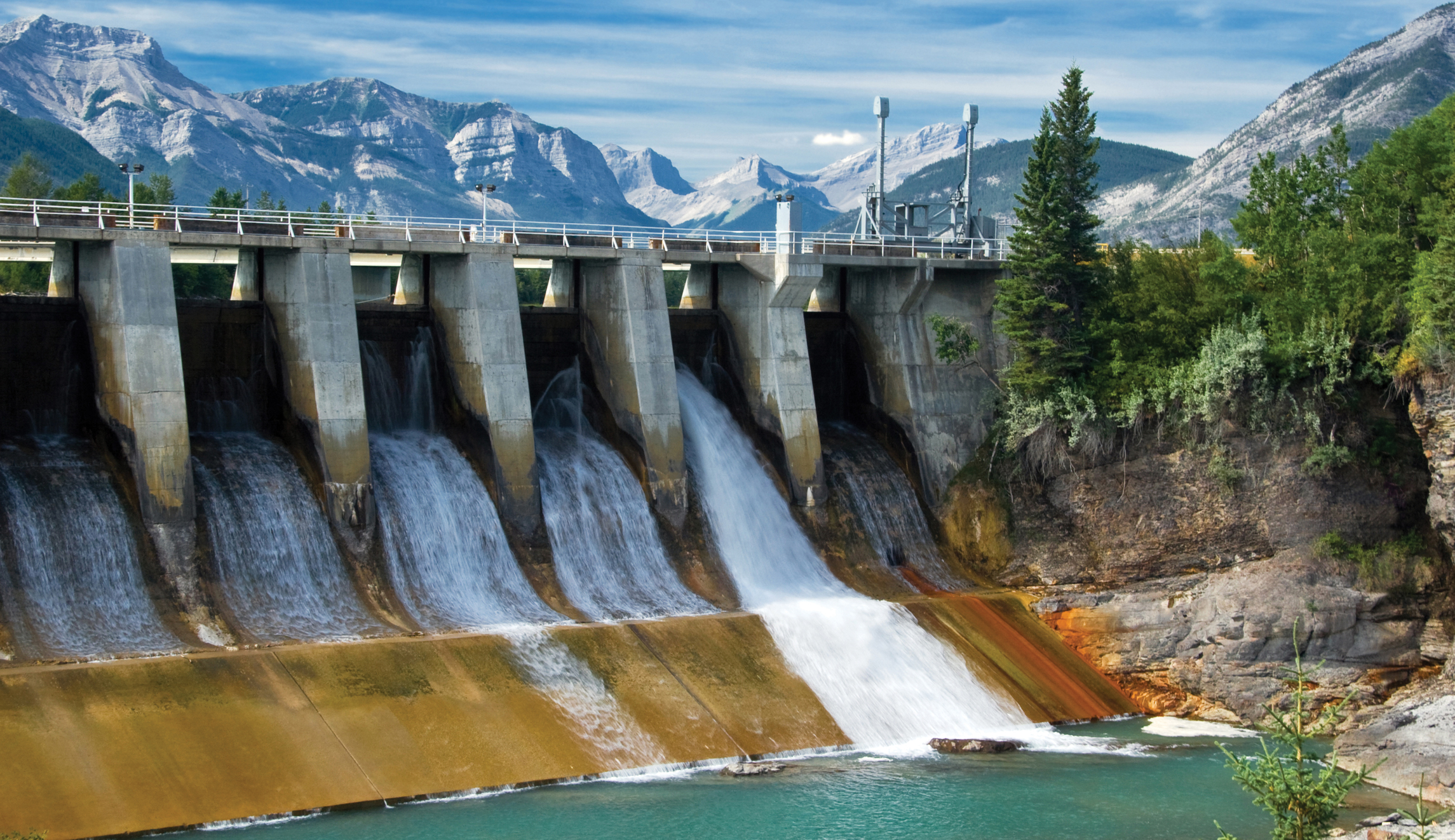The future of the New England Clean Energy Connect is now up to Maine’s courts after voters resolved “not in my backyard” on the significant hydropower transmission project last month.
Developers of the project, which would bring 1,200 megawatts of Canadian hydropower to Massachusetts through Maine’s Upper Kennebec Region, filed suit after the Nov. 2 passage of a referendum that prevents such projects in the region and requires the Maine Legislature to approve similar high-impact transmission projects throughout the state retroactively.
NECEC’s developers claimed the citizen initiative, passed despite approval for multiple state and federal permits for the project, tramples on their “vested right to complete and to operate the project” and is a violation of state law.
“Any other conclusion would render any major development project in the State — in fact, any effort by any person or business in the State to build any project, no matter how big or how small — vulnerable to discriminatory and prejudicial efforts to kill the project by after-the-fact changes to the law,” NECEC and Avangrid, the utility behind it, said in a complaint filed the day after the ballot initiative passed.
The two also filed a motion for a preliminary injunction in hopes of stopping the law from going into effect on Dec. 19.
The uncertain fate of the project demonstrates how heavy a lift it is to complete such large-scale infrastructure builds, especially where interstate and national energy goals clash with local objections to land-use changes and disruptions to existing grid operations.
Parties to the NECEC have especially rued the referendum’s success, whose first iteration failed last year after the Maine Supreme Court determined it to be unconstitutional, and they described a kind of procedural whiplash that has left them hanging.
“We stand at a place today where, to paraphrase the words of our CEO, the rules of the game have changed after the game has been completed,” Lynn St-Laurent, a spokeswoman for Hydro-Quebec, the Canadian generator contracted to sell the hydropower to the Maine utility, told the Washington Examiner.
St-Laurent described a 33-month permitting process involving arbitration between local residents, stakeholders, and regulators, after which the project was greenlighted. Construction began in January 2021 after the Department of Energy granted developers a presidential permit approving the cross-border project.
“But then there was this extra thing stuck on at the end and stuck on when a lot of the investments had been made and the work underway,” St-Laurent said of the referendum.
Developers have already spent $449.8 million on the NECEC, and some 124 miles of right of way, or 80% of the 145-mile planned line, along the transmission line corridor have been cut, according to court filings.
Avangrid and Hydro-Quebec argue the NECEC’s cancellation would be a setback for a region with significant clean energy ambitions, estimating that the project would enable emissions avoidance equivalent to removing 700,000 cars from the road each year.
Gary Sutherland, director of strategic affairs and stakeholder relations for Hydro-Quebec, during a recent forum on the U.S.-Canada energy relationship called transmission line projects such as the NECEC a “necessary evil” if energy grids are to reduce fossil fuel use and achieve emissions reductions.
“Nobody really likes a highway to be built,” Sutherland said in an interview. “But everybody kind of recognizes that it has a whole lot of utility and that everybody needs that sort of thing.”
Sutherland noted that natural gas-reliant utilities could bring in fuel to plants and generate electricity with relatively low visibility to residents, insulating them from the same kind of objections that the NECEC has seen.
“We can’t do that with clean energy, and that applies for hydro, that applies for wind, it applies for solar,” he said. “You have to go where the resource is really good, and that means that you’re going to have to build transmission lines.”
The Maine Superior Court will hold an oral argument on the preliminary injunction request on Dec. 15 and intends to issue a ruling before the year ends. In the meantime, project sponsors have halted construction.







